The Qur’an speaks several times of the people of Midian, assuming that the listeners in Medina were acquainted with at least the background of these people who roamed the Arabian deserts one thousand eight hundred years earlier. Today, after fourteen hundred more years, the memory of Midian has been almost forgotten. But Muhammad’s audience still remembered the people of Midian because they had once been a great people. Under their leadership Arabia was again united and the Arabian tribes poured out of the desert to challenge the surrounding civilizations. So, just as with the people of ’Ad, we must turn to history to try and understand who the Midianites were, and how large their influence was at its greatest extent.
During the centuries since Muhammad, the whereabouts of Midian became lost or at least unknown. For years students of the Bible were aware of the Midianites as a people who opposed the nation of Israel in some of the Old Testament narratives, but little was known of them as a civilization. Then in 1878 Sir Richard Burton published an account of his excursion into northwest Arabia titled: The Gold-Mines of Midian and The Ruined Midianite Cities. Suddenly the name Midian was thrust onto the stage of European thought. However, on page 176 of The Gold-Mines of Midian, Burton noted “it is difficult to lay down the precise frontiers of Midian.” He then notes various references to Midian that are spread from Edom to Gaza and into Arabia. Burton’s expedition was notable because it excited Europeans about the unknown deserts of Arabia and the possibility of the discovery of gold. However when no gold was forthcoming, the interior of Arabia was forgotten except in the accounts of explorers like Doughty, Philby, Thomas and Burckhardt.

In 1883 Charles Huber (later together with Julius Euting) discovered the Tayma Stele which raised some interest in the ancient city of Tayma in north west Saudi Arabia. (Healey, 2004) Seventy years later, John Philby started archaeological and environmental observations at the site (1951). Later the publication by Winnett and Read (1970) of their survey of north west Arabian archaeological sites finally began to bring light to this area of Arabia that had so long been neglected in Middle Eastern studies. Today the archeological excavations at Tayma continue under the joint-project of the General Commission for Tourism and Antiquities, Riyadh, and the German Archaeological Institute, Berlin.
The origins of the Midianites
Once again we must turn to the Founding of the Nations chart to learn about Midianite origins. This chart uses information taken from Genesis chapters 10 and 25 and I Chronicles 1 where we can easily see that Midian was a son of Abraham. This means that Ishmael and his descendants, Isaac and his descendants and Midian and his descendants were all brother tribes and originally spoke the same language and had the same culture and religion, including the worship of one God.
While Midian had five sons, Isaac had only two. Isaac’s grandsons all moved to Egypt and were shepherds there in the land of Goshen for several hundred years. They did not play a role in Arabian politics until Moses led them out of Egypt and into the land of Canaan. As we outlined in the previous section, during this time the Edomites (sons of Esau) led the family alliance and united their brother tribes (plus others) into an alliance that burst out of Arabia and raided from Yemen to the Euphrates and finally into Egypt. After Pharaoh Ahmose I crushed these shepherd kings, the tribal alliance under the Edomites broke up (1750 BC) and the tribes returned to their various homeland areas to graze sheep or conduct trade across the desert. It wasn’t until four hundred years later (1350 BC) that the Midianites once again united the tribes of Arabia. (Gibson, 2011, pg 31)
Midian in the Bible
The people of Midian appear in the Bible on several occasions. First, their founding is mentioned in Genesis 25 and I Chronicles 1:32-46. Later we read of some Midianite merchants in Genesis 37 who take young Joseph as a slave into Egypt. Much later Moses flees to the land of Midian (Exodus 2-4) and after forty years returns to Egypt where he leads the Children of Israel out of Egypt and into the desert. They go into the land of Midian to the place where God first spoke to Moses, at Mount Horeb.

During the Exodus, did Moses bring the Children of Israel into Midianite territory in the Sinai or in northern Arabia?
The location of the Midianites and Mount Horeb has become a contested issue in the last few years. Many early scholars placed the Midianites in the Sinai Peninsula. Hitti notes that based solely on the Biblical record and traditional understanding, the Children of Israel wandered exclusively in the Sinai and the Negev. So Hitti places the Midianites in the southern part of the Sinai. (Hitti, 1964, pg 40) However, with Winnett and Read’s survey in northwest Arabia (1970) it has become increasingly obvious that the Midianites ranged over a much wider area, and in recent years some researchers have suggested that Mount Hor (or Horeb) was in Saudi Arabia.
In the map below we note the Exodus route where the Children of Israel tried to enter Edom and travel up the King’s Highway. They were refused and traveled back to the Red Sea (via ’Aqaba) in order to enter Wadi Arabah. From there they moved north to the south end of the Dead Sea where they crossed into the land of Moab near the city of Ar (Kerak). (Numbers 20:1-21:20) They ended up camping on the eastern side of Moab at a place called Ijeabarim. (Numbers 21:11) “And they journeyed from Oboth, and pitched at Ijeabarim, in the wilderness which is before Moab, toward the sun rising.” From here they skirted Moab and entered the land of the Ammonites, defeating the kings of Bashan and Heshbon. At this point they are poised, ready to cross the Jordan River into the promised land. However, first they decide to attack to the east and defeat the Midianites. This would have to be Wadi Sir?an which was directly to their east.
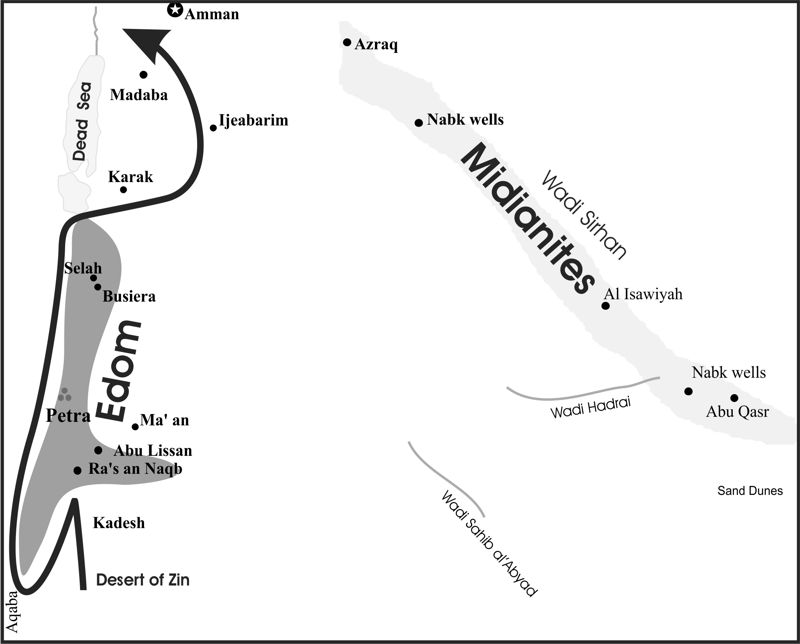
In the map above we note the Exodus route where the Children of Israel tried to enter Edom and travel up the King’s Highway. They were refused and traveled back to the Red Sea (via ’Aqaba) in order to enter Wadi Arabah. From there they moved north to the south end of the Dead Sea where they crossed into the land of Moab near the city of Ar (Kerak). (Numbers 20:1-21:20) They ended up camping on the eastern side of Moab at a place called Ijeabarim. (Numbers 21:11) “And they journeyed from Oboth, and pitched at Ijeabarim, in the wilderness which is before Moab, toward the sun rising.” From here they skirted Moab and entered the land of the Ammonites, defeating the kings of Bashan and Heshbon. At this point they are poised, ready to cross the Jordan River into the promised land. However, first they decide to attack to the east and defeat the Midianites. This would have to be Wadi Sir?an which was directly to their east.
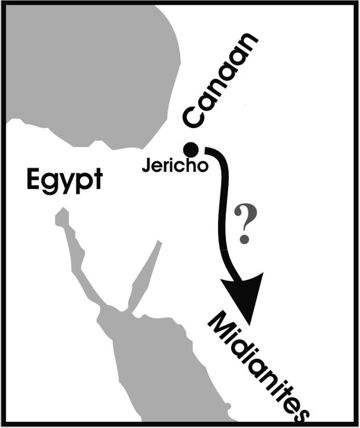
This would have required a long and arduous journey back into the deserts that they had just come through. Rather, I believe that the Midianites were living in Wadi Sir?an at this time, which is directly east of Jericho. This lowland collects water from the surrounding desert run-off and is green enough to support large numbers of sheep and cattle. Once the Midianites are soundly defeated we do not hear from them again for several hundred years.
Second, consider the amount of plunder that the Israelites took. The Bible lists of both men and beasts. “And they brought the captives, and the prey, and the spoil, unto Moses, and Eleazar the priest, and to the congregation of the children of Israel, unto the camp at the plains of Moab, which are by Jordan near Jericho…” (verses 32 - 25) The plunder from the spoils that the soldiers took was 675,000 sheep, 72,000 cattle, 61,000 donkeys and 32,000 women who had never slept with a man. Even if you allow for exaggeration, this description leads us to believe that the Midianites and those allied with them were truly a large group of people. After this defeat it would be several hundred years before the Midianites could rebuild to a large enough size that they could challenge Israel again. The next time we hear of the Midianites growing in large numbers is in Judges 6 when the Midianites and her allies vex Israel for seven years.
During this time they are allied with the Amalekites and the “children of the east.” The number of people in this alliance was so large that they managed to penetrate as far as Gaza, raiding crops and livestock. This raiding of settled people by desert Bedouin has long been practiced and was common up until the 1930’s. While living in the Bedouin villages in the south of Jordan, the old Bedouin men would tell stories of historic raiding and taking goods from settled people. They would wait until the harvests were ripe and then ride in on their horses and camels, demanding a share. If they were refused they would simply take what they liked. If the owners of the fields resisted, they were killed. The Bedouin would shrug and say that they never killed anyone unless they met with resistance. Bedouin viewed themselves as superior to the settled people and simply came to take what was their due. It was part of the age-long struggle between the nomads of Arabia and the settled people at the edge of the desert. Glueck notes this in his book The River Jordan:
“*The Midianites and other Bedouins were wont at harvest time to make rapid raids across the Jordan, carry off the crops of Israel from the very threshing floors, and drive off whatever livestock they could lay their hands on. The struggle between the Desert and the Sown is continuous. Hungry nomads have ever pressed into plowed lands, content to take by swift violence what others have gained by hard toil.*” (Glueck, 1946, page 110)
Eventually the Israelites grew tired of this oppression and fought back. This resistance was organized by Jerubbaal, also known as Gideon. (Judges 7:1)
In the end, over 120,000 Midianites and their allies were killed in the fighting and Midian returned to its former state of being a small tribe in Arabia.
It is interesting to note that the Bible tells us when Gideon killed Zebah and Zalmunna, two Midianite leaders, he took away crescent shaped ornaments that were on their camels’ necks. (Judges 8:21) As far as I know this is the earliest reference we have to the crescent shape in Arabia.
Midian in the Qur’an
The Qur’an speaks of the Midianites in two different settings. First it tells us the story of Moses entering the land of Midian for the first time. The story starts in Egypt.
And a man came from the uttermost part of the city, running. He said: O Moses! Lo! the chiefs take counsel against thee to slay thee; therefor escape. Lo! I am of those who give thee good advice. So he (Moses) escaped from thence, fearing, vigilant. He said: My Lord ! Deliver me from the wrongdoing folk. And when he turned his face toward Midian, he said: Peradventure my Lord will guide me in the right road. And when he came unto the water of Midian he found there a whole tribe of men, watering. And he found apart from them two women keeping back (their flocks). He said: What aileth you? The two said: We cannot give (our flocks) to drink till the shepherds return from the water; and our father is a very old man. So he watered (their flock) for them. Then he turned aside into the shade, and said: My Lord! I am needy of whatever good thou sendest down for me. Then there came unto him one of the two women, walking shyly. She said: Lo! my father biddeth thee, that he may reward thee with a payment for that thou didst water (the flock) for us. Then, when he came unto him and told him the (whole) story, he said: Fear not! Thou hast escaped from the wrongdoing folk. One of the two women said: O my father! Hire him! For the best (man) that thou canst hire is the strong, the trustworthy. He said: Lo! I fain would marry thee to one of these two daughters of mine on condition that thou hirest thyself to me for (the term of) eight pilgrimages. Then if thou completest ten it will be of thine own accord, for I would not make it hard for thee. Allah willing, thou wilt find me of the righteous. He said: That (is settled) between thee and me. Whichever of the two terms I fulfil, there will be no injustice to me, and Allah is Surety over what we say. Qur’an 28:20-8 (Pickthall)
There is little to learn here of the Midianites, other than seeing them as one would see Bedouin in the desert today. Second, the Qur’an relates to us stories of the Midianites and the prophet Shueyb who was sent to them to turn them away from idolatry back to their original worship of one god. The story gives no hint of when it occurred in history, nor where, other than it involves Midianite people.
And unto Midian (We sent) their brother, Shueyb. He said: O my people! Serve Allah. Ye have no other God save Him. Lo! a clear proof hath come unto you from your Lord; so give full measure and full weight and wrong not mankind in their goods, and work not confusion in the earth after the fair ordering thereof. That will be better for you, if ye are believers. Lurk not on every road to threaten (wayfarers), and to turn away from Allah’s path him who believeth in Him, and to seek to make it crooked. And remember, when ye were but few, how He did multiply you. And see the nature of the consequence for the corrupters. And if there is a party of you which believeth in that wherewith I have been sent, and there is a party which believeth not, then have patience until Allah judge between us. He is the best of all who deal in judgment. The chieftains of his people, who were scornful, said: Surely we will drive thee out, O Shueyb, and those who believe with thee, from our township, unless ye return to our religion. He said : Even though we hate it? We should have invented a lie against Allah if we returned to your religion after Allah hath rescued us from it. It is not for us to return to it unless Allah should (so) will. Our Lord comprehendeth all things in knowledge. In Allah do we put our trust. Our Lord! Decide with truth between us and our folk, for Thou art the best of those who make decision. But the chieftains of his people, who were disbelieving, said: If ye follow Shueyb, then truly we shall be the losers. So the earthquake seized them, and morning found them prostrate in their dwelling place. Those who denied Shueyb became as though they had not dwelt there. Those who denied Shueyb, they were the losers. So he turned from them and said: O my people! I delivered my Lord’s messages unto you and gave you good advice; then how can I sorrow for a people that rejected (truth)? Qur’an 7:85 -93 (Pickthall)
Hath not the fame of those before them reached them the folk of Noah, Aad, Thamud, the folk of Abraham, the dwellers of Midian and the disasters (which befell them)? Their messengers (from Allah) came unto them with proofs (of Allah’s sovereignty). So Allah surely wronged them not, but they did wrong themselves. And the believers, men and women, are protecting friends one of another; they enjoin the right and forbid the wrong, and they establish worship and they pay the poor-due, and they obey Allah and His messenger. As for these, Allah will have mercy on them. Lo! Allah is Mighty, Wise. Qur’an 9:70-71 (Pickthall)
And unto Midian (We sent) their brother Shueyb. He said: O my people! Serve Allah. Ye have no other God save Him! And give not short measure and short weight. Lo! I see you well to do, and lo! I fear for you the doom of a besetting Day. O my people! Give full measure and full weight in justice, and wrong not people in respect of their goods. And do not evil in the earth, causing corruption. That which Allah leaveth with you is better for you if ye are believers; and I am not a keeper over you. They said: O Shueyb! Doth thy way of prayer command thee that we should forsake that which our fathers (used to) worship, or that we (should leave off) doing what we will with our own property. Lo! thou are the mild, the guide to right behavior. He said: O my people! Bethink you: if I am (acting) on a clear proof from my Lord and He sustaineth me with fair sustenance from Him (how can I concede ought to you)? I desire not to do behind your backs that which I ask you not to do. I desire naught save reform so far as I am able. My welfare is only in Allah. In Him I trust and unto Him I turn (repentant). And, O my people! Let not the schism with me cause you to sin so that there befall you that which befell the folk of Noah and the folk of Hud, and the folk of Salih; and the folk of Lot are not far off from you. Ask pardon of your Lord and then turn unto Him (repentant). Lo! my Lord is, Merciful, Loving. They said: O Shueyb! We understand not much of that thou tellest, and lo! we do behold thee weak among us. But for thy family, we should have stoned thee, for thou art not strong against us. He said: O my people! Is my family more to be honored by you than Allah? And ye put Him behind you, neglected! Lo! my Lord surroundeth what ye do. And, O my people! Act according to your power, lo, I (too) am acting. Ye will soon know on whom there cometh a doom that will abase him, and who it is that lieth. And watch! Lo! I am watcher with you. And when Our commandment came to pass we saved Shueyb and those who believed with Him by a mercy from Us; and the (Awful) Cry seized those who did injustice, and morning found them prostrate in their dwellings. As though they had not dwelt there. A far removal for Midian, even as Thamud had been removed afar! Qur’an 11:84 – 95 (Pickthall)
If they deny thee (Muhammad), even so the folk of Noah, and (the tribes of) Aad and Thamud, before thee, denied (Our messengers); And the folk of Abraham and the folk of Lot; (And) the dwellers in Midian. And Moses was denied; but I indulged the disbelievers a long while, then I seized them, and how (terrible) was My abhorrence! How many a township have We destroyed while it was sinful, so that it lieth (to this day) in, and (how many) a deserted well and lofty tower! Qur’an 22:42-45 (Pickthall)
He said: That (is settled) between thee and me. Whichever of the two terms I fulfil, there will be no injustice to me, and Allah is Surety over what we say. And thou (Muhammad) wast not on the western side (of the Mount) when We expounded unto Moses the commandment, and thou wast not among those present; But We brought forth generations, and their lives dragged on for them. And thou wast not a dweller in Midian, reciting unto them Our revelations, but We kept sending (messengers to men). And thou wast not beside the Mount when We did call; but (the knowledge of it is) a mercy from thy Lord that thou mayest warn a folk unto whom no warner came before thee, that haply they may give heed. Otherwise, if disaster should afflict them because of that which their own hands have sent before (them), they might say: Our Lord! Why sentest Thou no messenger unto us, that we might have followed Thy revelations and been of the believers? Qur’an 28:43-47 (Pickthall)
And unto Midian We sent Shueyb, their brother. He said O my people! Serve Allah, and look forward to the Last Day, and do not evil, making mischief, in the earth. But they denied him, and the dreadful earthquake took them, and morning found them prostrate in their dwelling place. Qur’an 29:36 (Pickthall)
The Qur’an also speaks of the People of Tubba 50:14 who should not to be confused with a king of Himyar of the same name (see Qur’an 44:37 and the corresponding note in Al Alim: The “Dwellers of the Wooded Dales” are the people of Madyan, (Midian) as is evident from 26:176. The story is found in the Qur’an in several places, for the most detailed version see 11:84-95.) Some Muslim scholars believe that Shueyb lived around 1600 BC - 1500 BC and was Abraham’s great-grandson. Others have identified him with Jethro, Moses’ father-in-law.
However, there is nothing to substantiate either of these guesses. Abdullah Yusuf Ali in his commentary on Chapter 7:85 he said: Shu’aib belongs to the Arab rather than Jewish tradition, to which he is unknown. His identification with Jethro, the father-in-law of Moses, has no warrant, and I reject it. There is no similarity either in names or incidents, and there are chronological difficulties. If, as the commentators tell us, Shu’aib was in the fourth generation from Abraham, being a great-grandson of Madyan (son of Abraham), he would be only a century from the time of Abraham, whereas the Hebrew Bible would give us a period of four to six centuries between Abraham and Moses. The mere fact that Jethro was a Midianite and that another name, Reuel, is mentioned for a father-in-law of Moses in Num.x.29, is slender ground for identification. As the Midianites were mainly a nomad tribe, we need not be surprised that their destruction in one or two settlements did not affect their life in wandering sections of the tribe in other geographical regions. (Ali, 1946, Pg 365, n. 1054)
He further argues that since Shu’aib was involved in preaching in the settled towns of the Midianites, this was a later period of the Midianites, when they had settled after nomadic life. Later an earthquake destroyed their settlements. (see Qur’an 7:91) The tomb of Shoaib is well preserved in central Jordan. It is located 2 kilometers west of Mahis in an area called Wadi Shoaib near the city of Salt in Jordan. If this is true, then this places the Midianites even farther north than we have identified them in our study.
Archeology and the Midianites
One of the challenges in tracing the Midianites using archeological data is that for much of their history the Midianites were nomads. For centuries they lived in the deserts and left little evidence of their existence. Most everything they used was from the desert, and when discarded returned to the desert. In later years they seem to have settled, but there is scant evidence of this. The only exceptions were stoneware and ceramic pottery. Garth Bawden notes that Midianite pottery has been found in the northern Hejaz, as far east as Tayma to the Jordanian frontier. (Bawden, 1983)
Summary
The Qur’an speaks of the Midianites as if the listeners know of them and their history. However when we look at the Hadiths, Midian is not mentioned. ‘Ad is seldom mentioned in the Hadiths and Thamud is mentioned only a few times. The people of Midian appear to have lived between Tayma (their southern most point) to the northern tip of Wadi Sirhan. While they were nomads and ventured out into the Sinai and into eastern Arabia, they are firmly established as a northern Arabian entity, which means that the writer of the Qur’an was speaking in such a way that he had northern Arabia in mind.
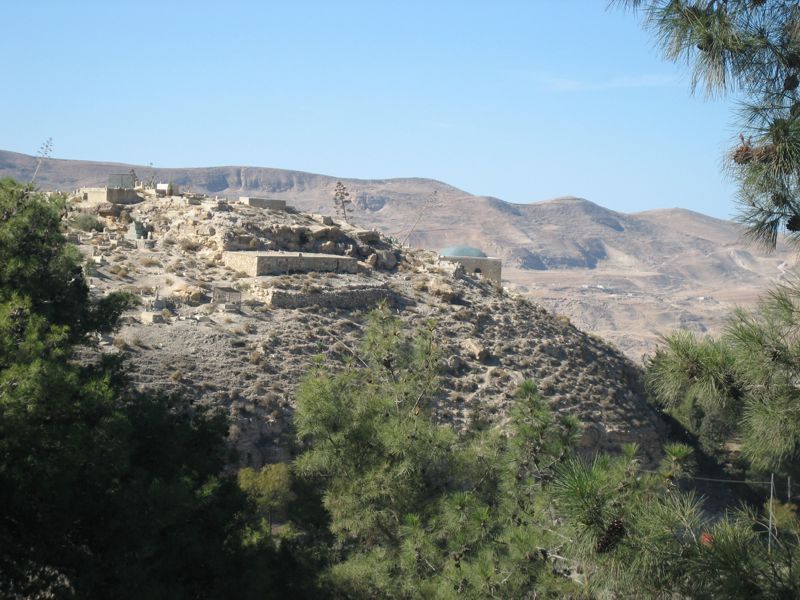
Shoiab' Tomb near the city of Salt, near Amman Jordan
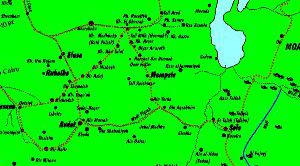

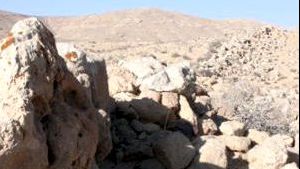
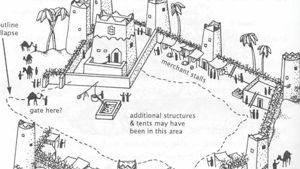
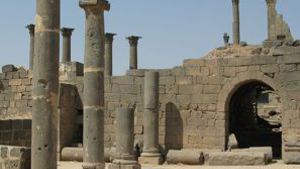
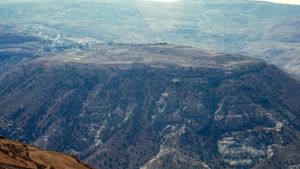
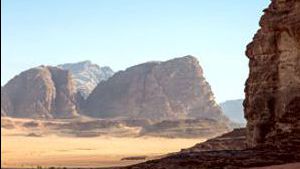
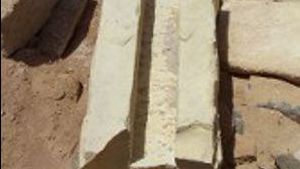
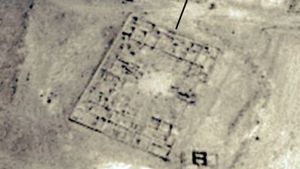
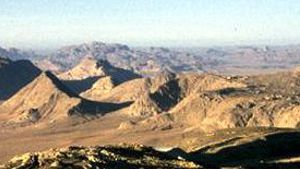
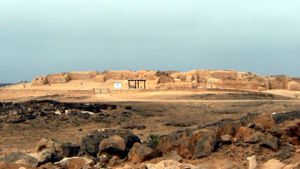
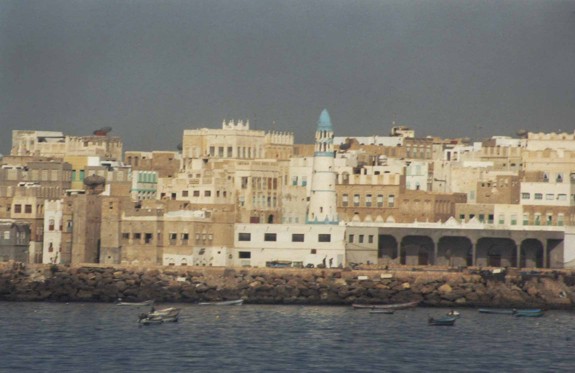
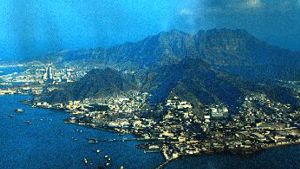
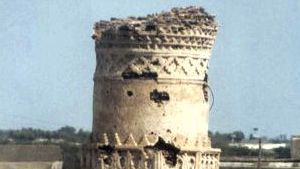
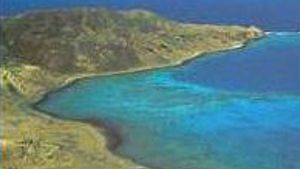
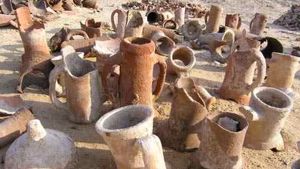
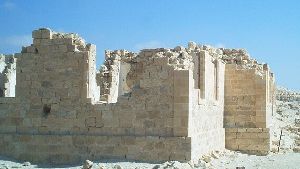
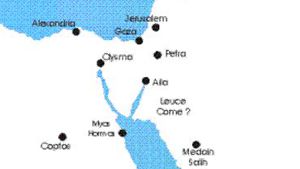
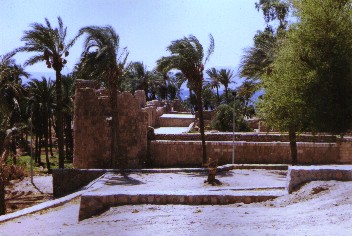
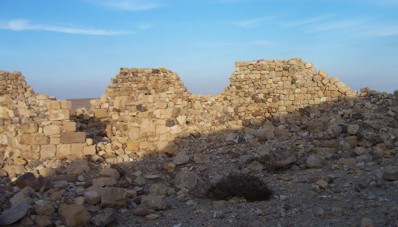
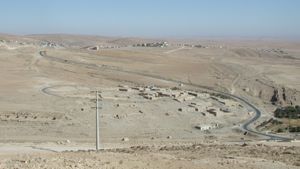
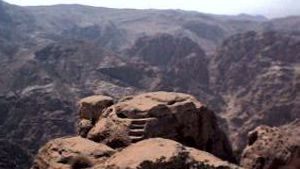
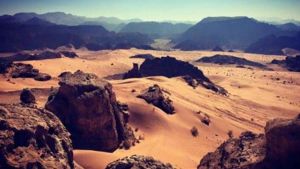
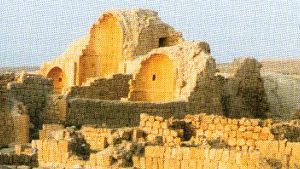
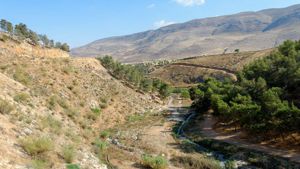
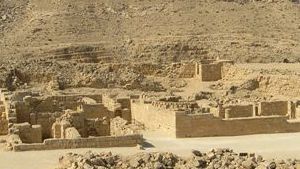
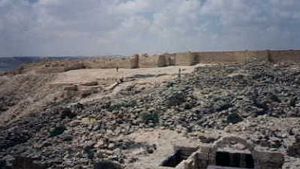
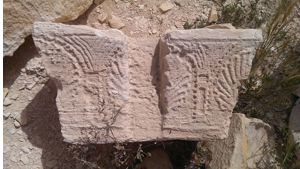

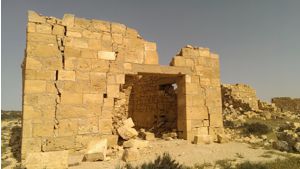
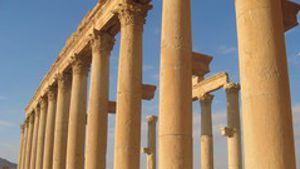
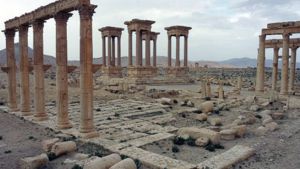
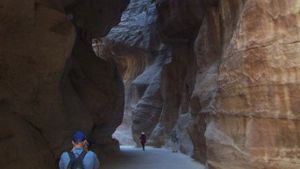
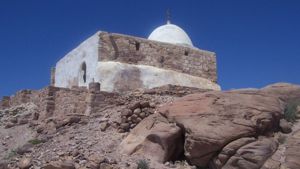
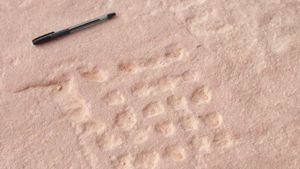

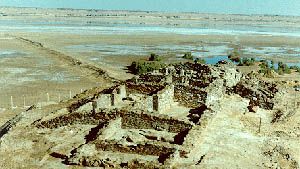
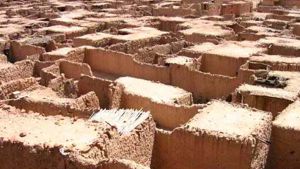
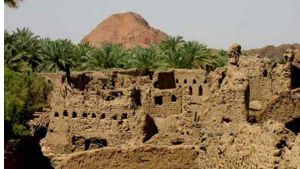
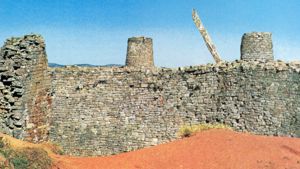
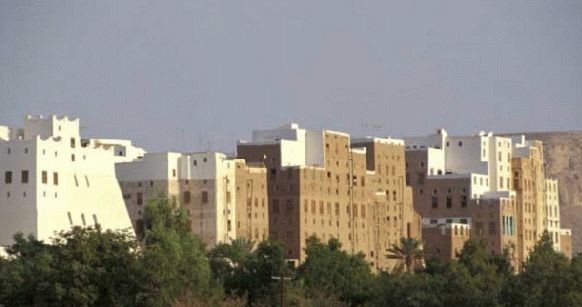
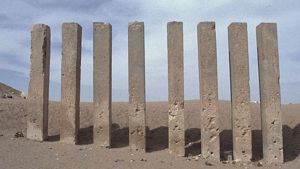
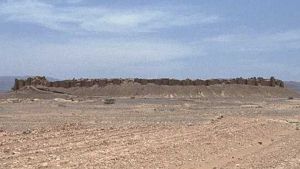
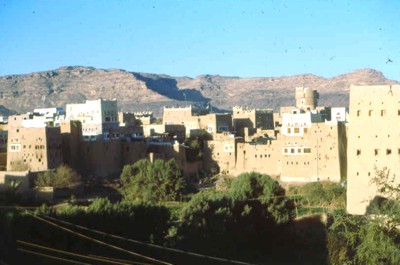
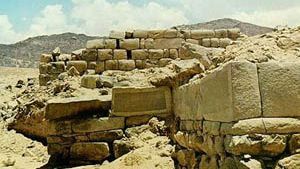

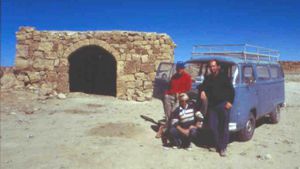
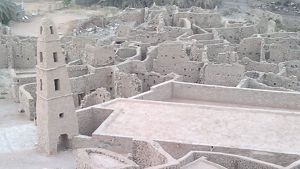
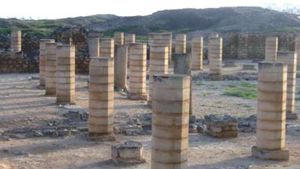
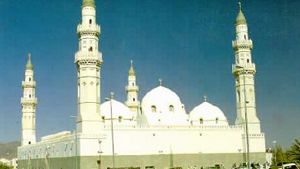
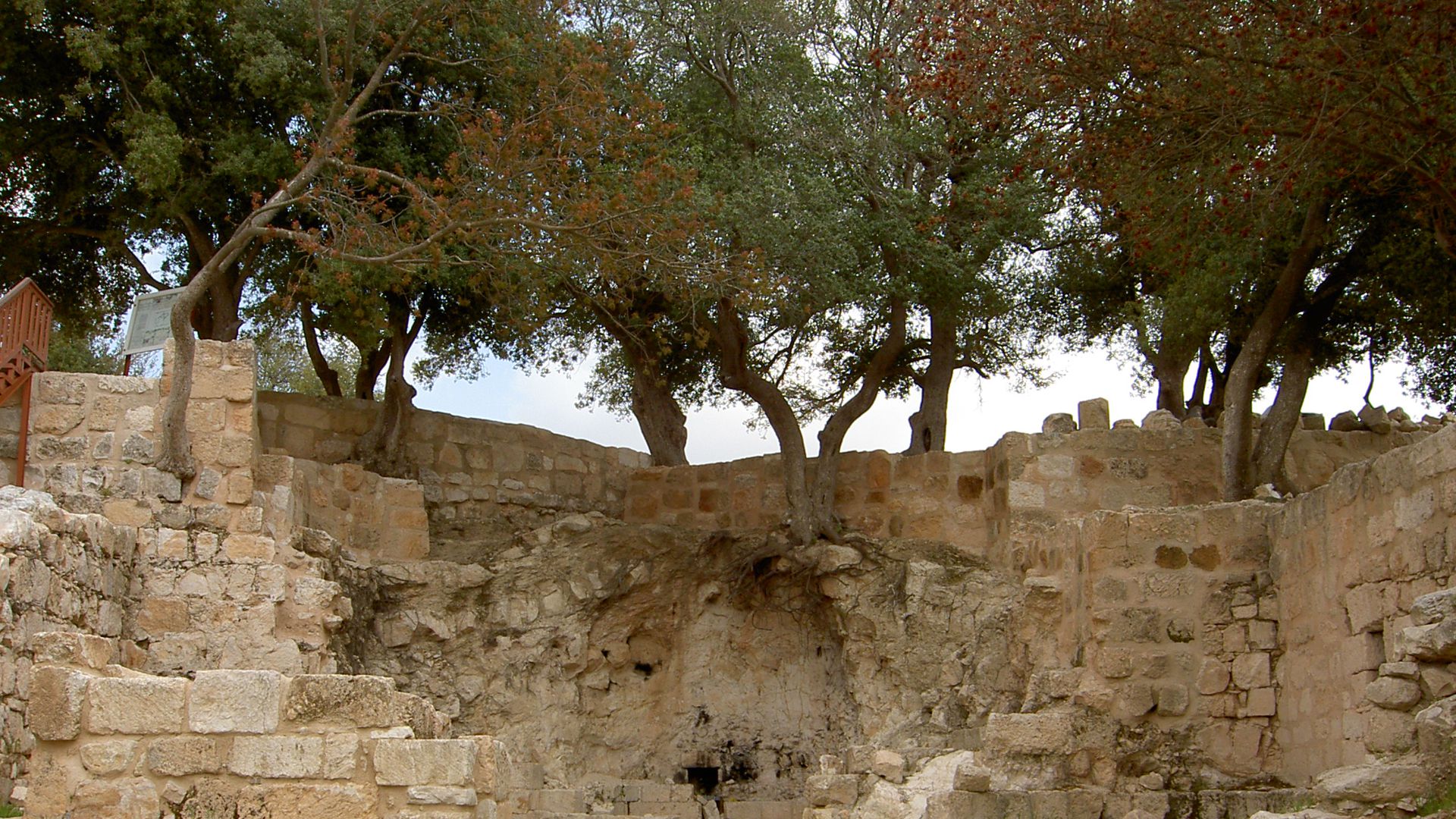
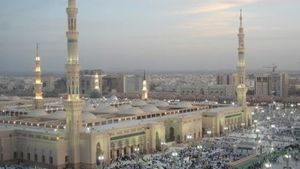
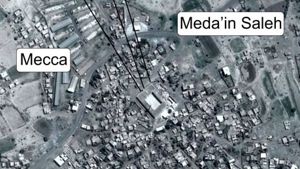
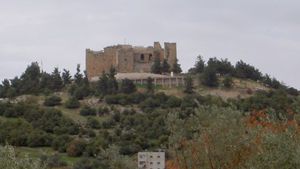
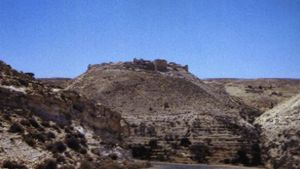
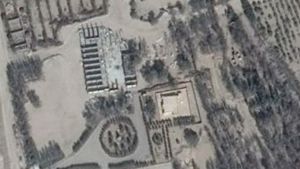
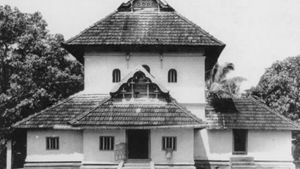
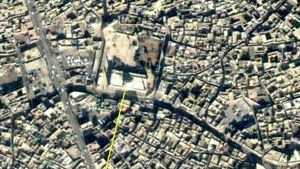
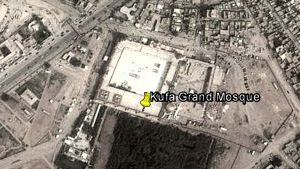
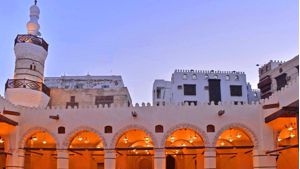
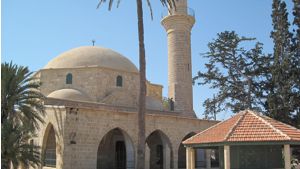
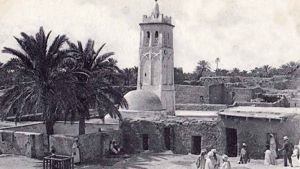
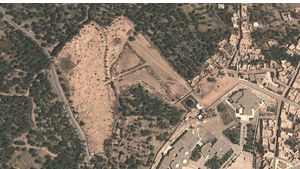
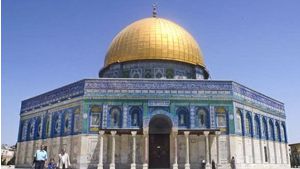
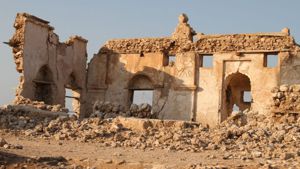
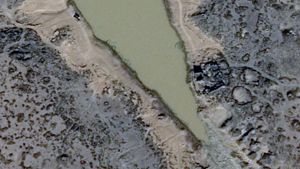
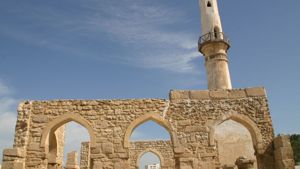
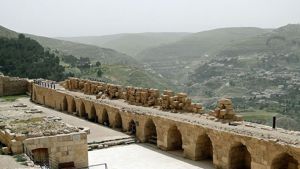
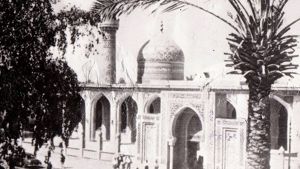
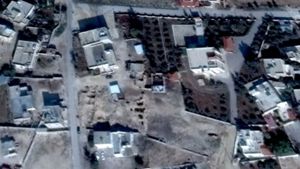
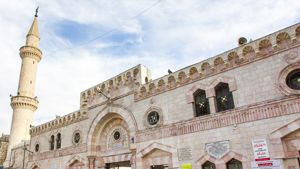
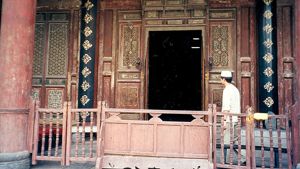
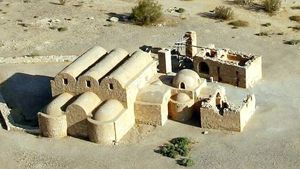
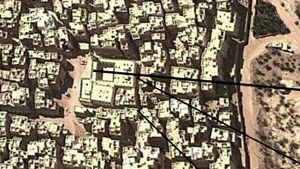
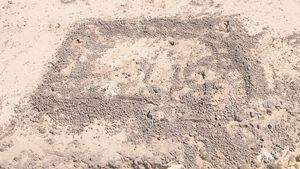
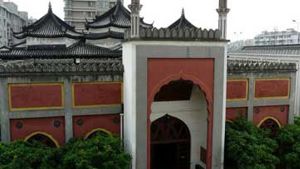
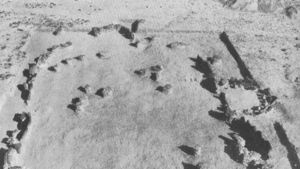
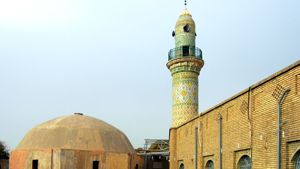
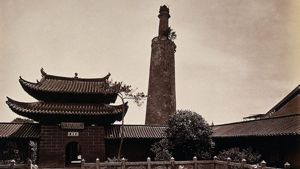
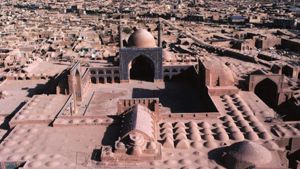
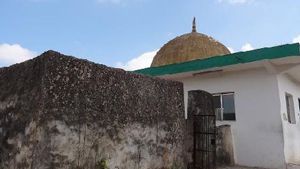
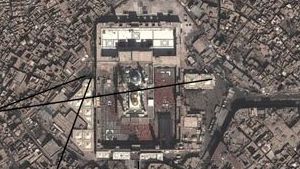
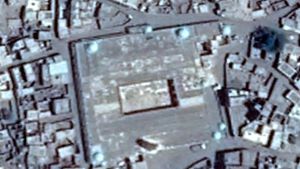
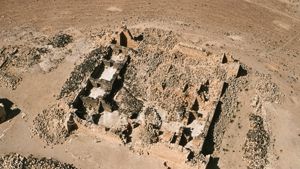
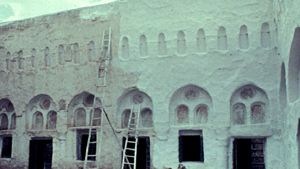
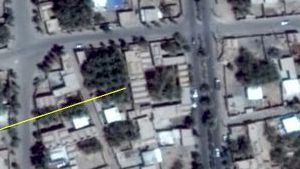
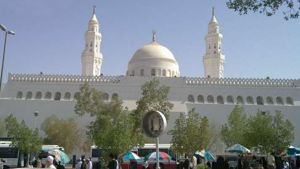
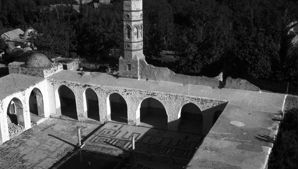
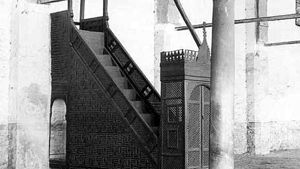
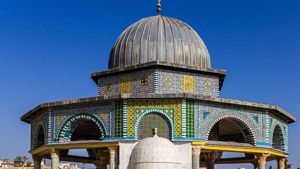
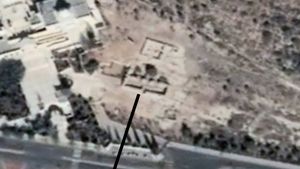
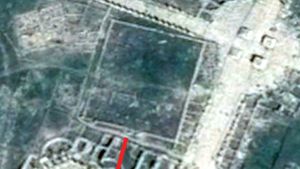
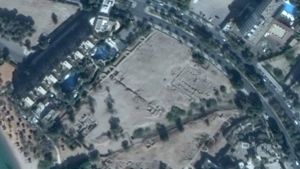
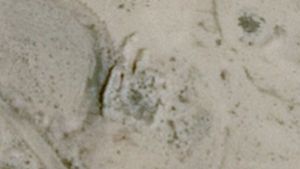
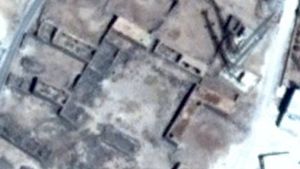
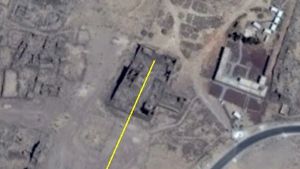
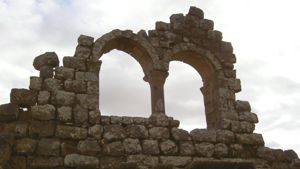
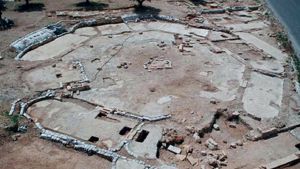
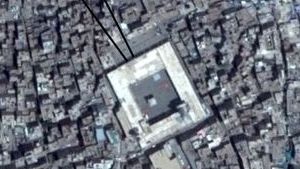
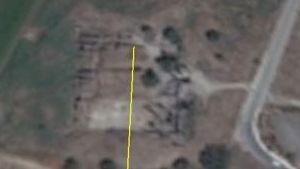
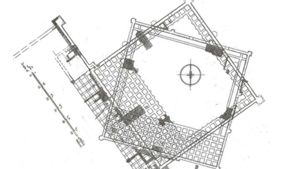
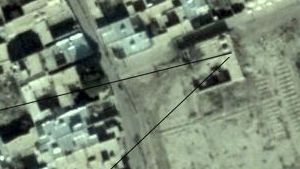
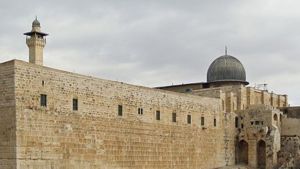
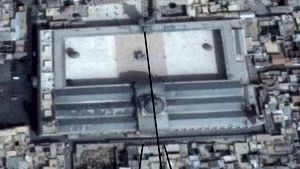
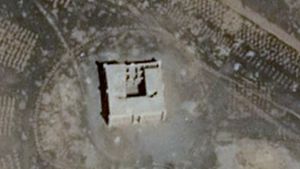
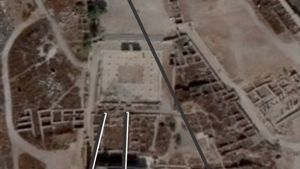
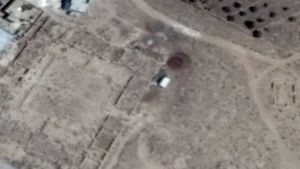
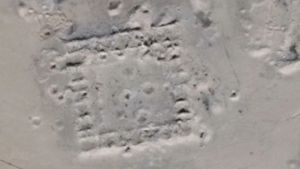
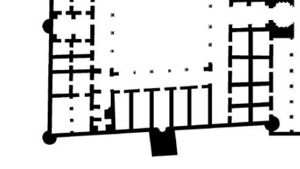
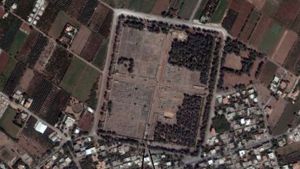
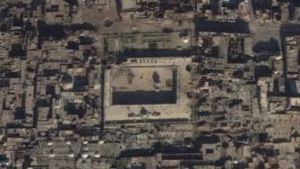
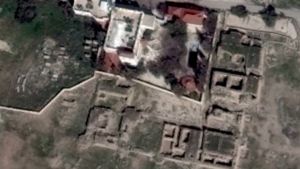
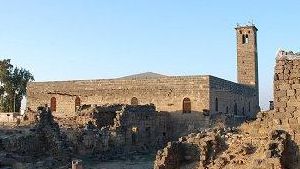
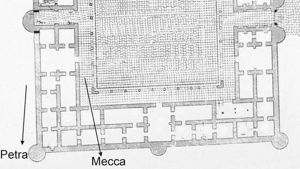
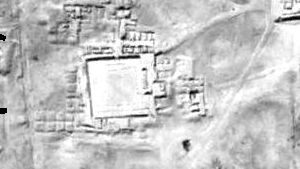
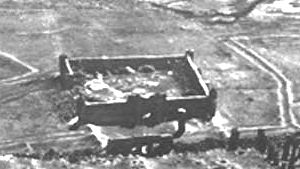
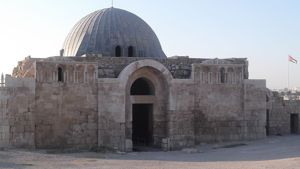
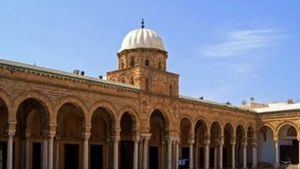
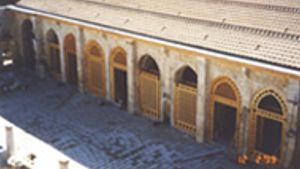
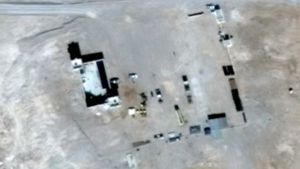
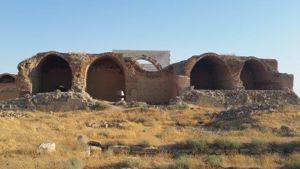
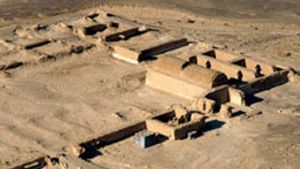
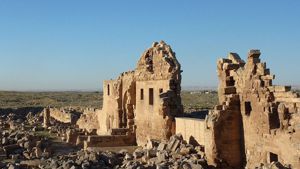
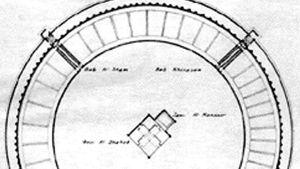
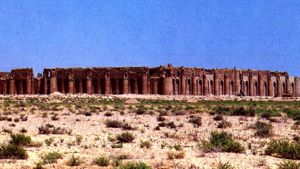
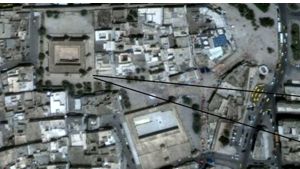
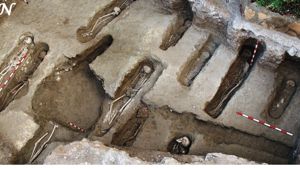
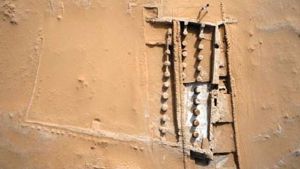
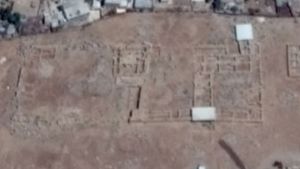
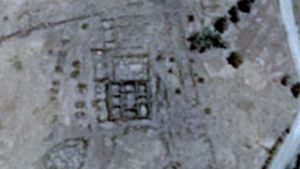
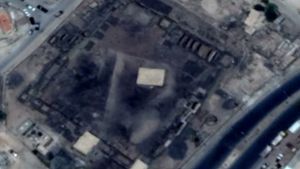
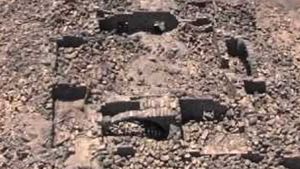
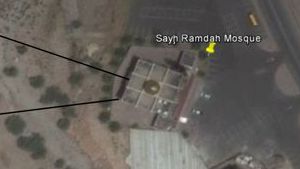
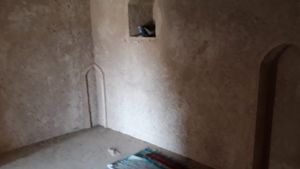
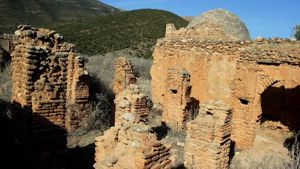
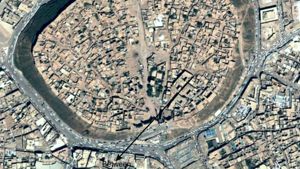
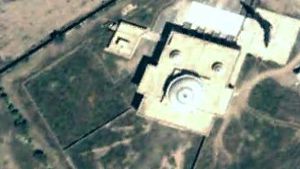
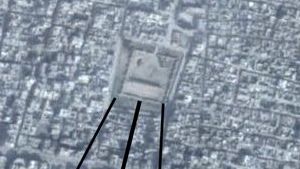
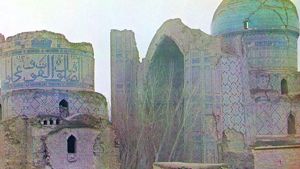
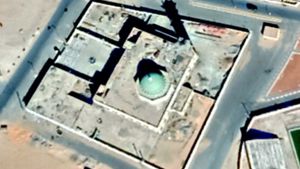
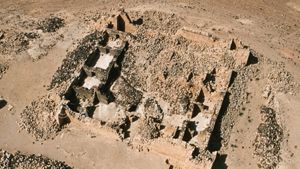
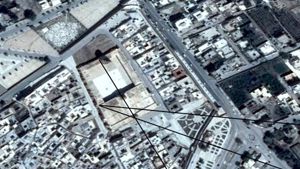
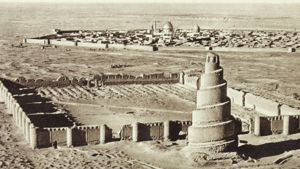
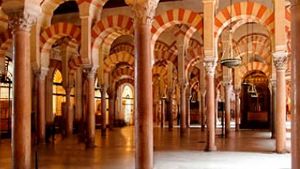
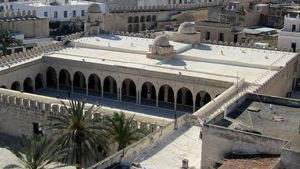
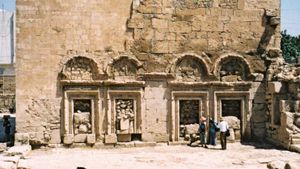
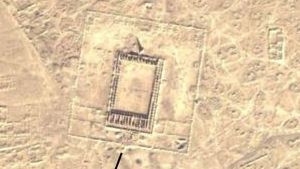
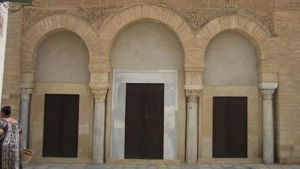
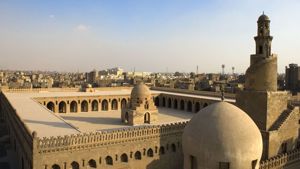
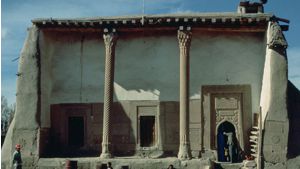
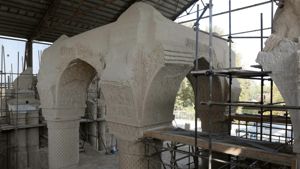
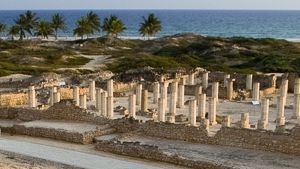
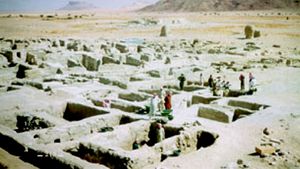
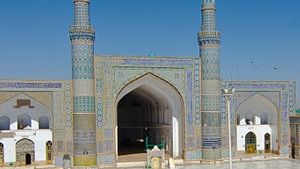
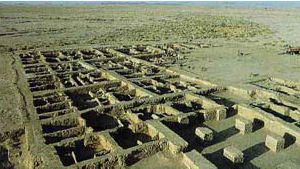
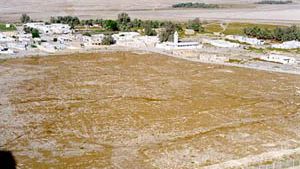
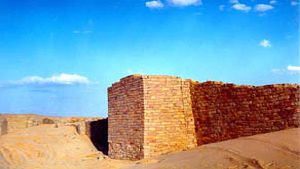
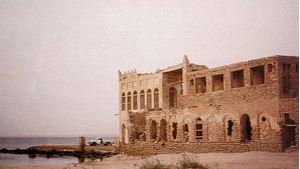
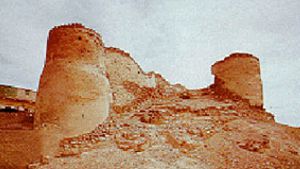
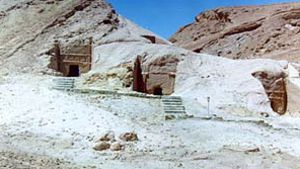
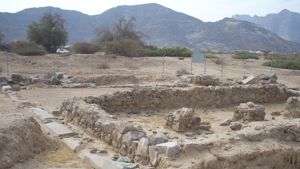
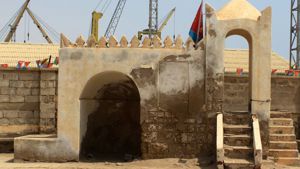
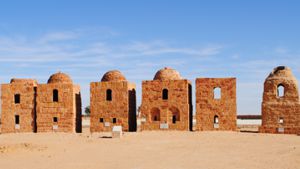
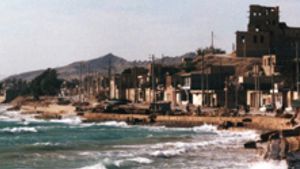
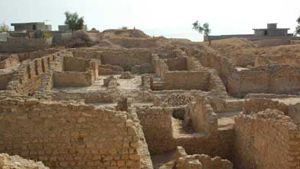
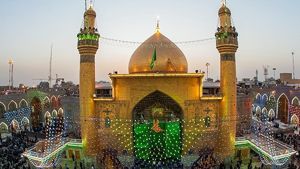
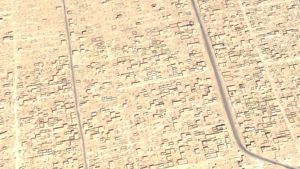
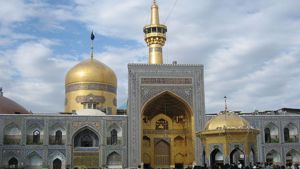
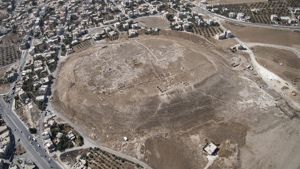
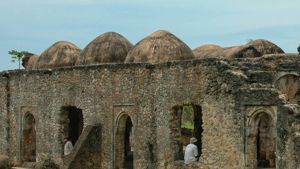
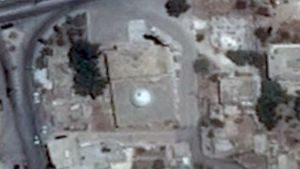
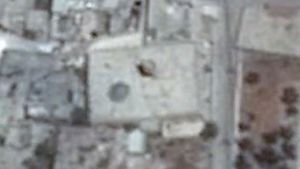
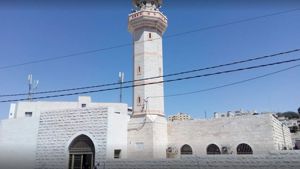
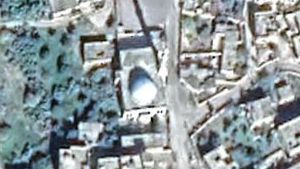
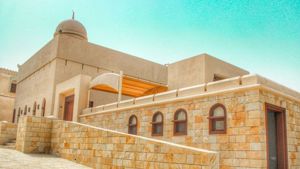
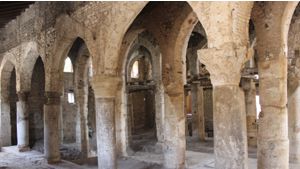
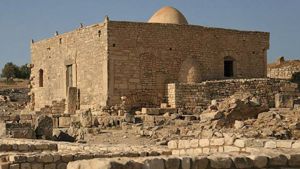
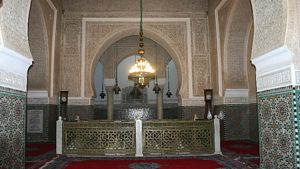
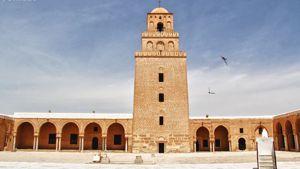
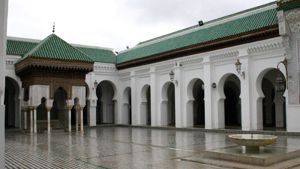
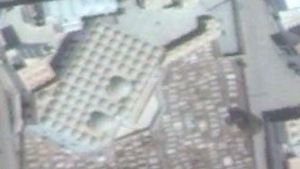
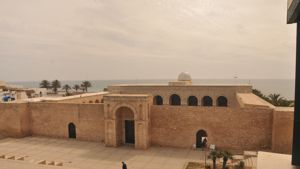
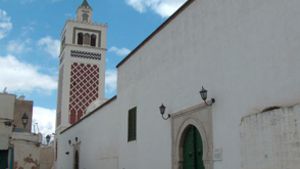
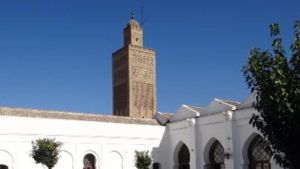
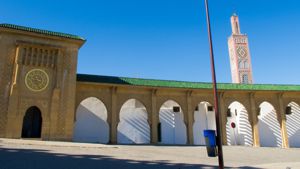
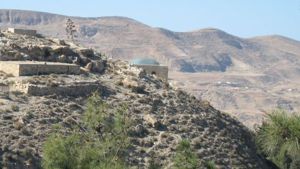
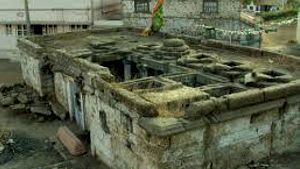
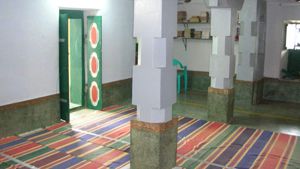
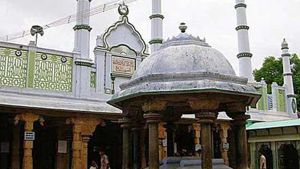
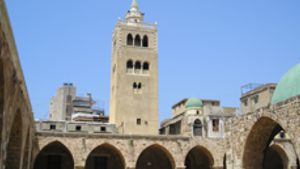
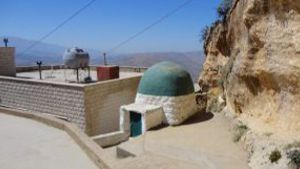
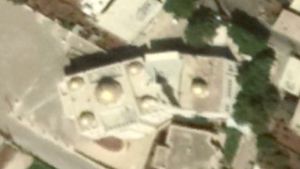
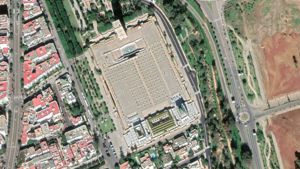
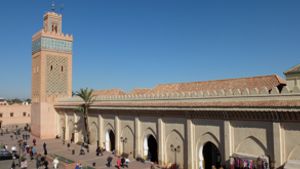
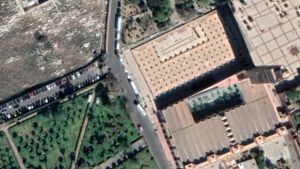
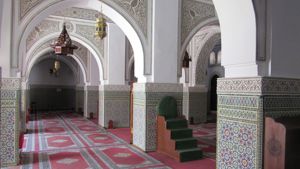
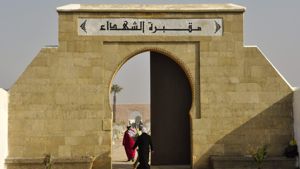
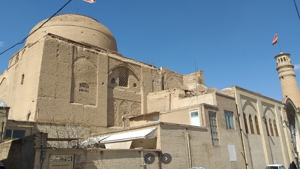
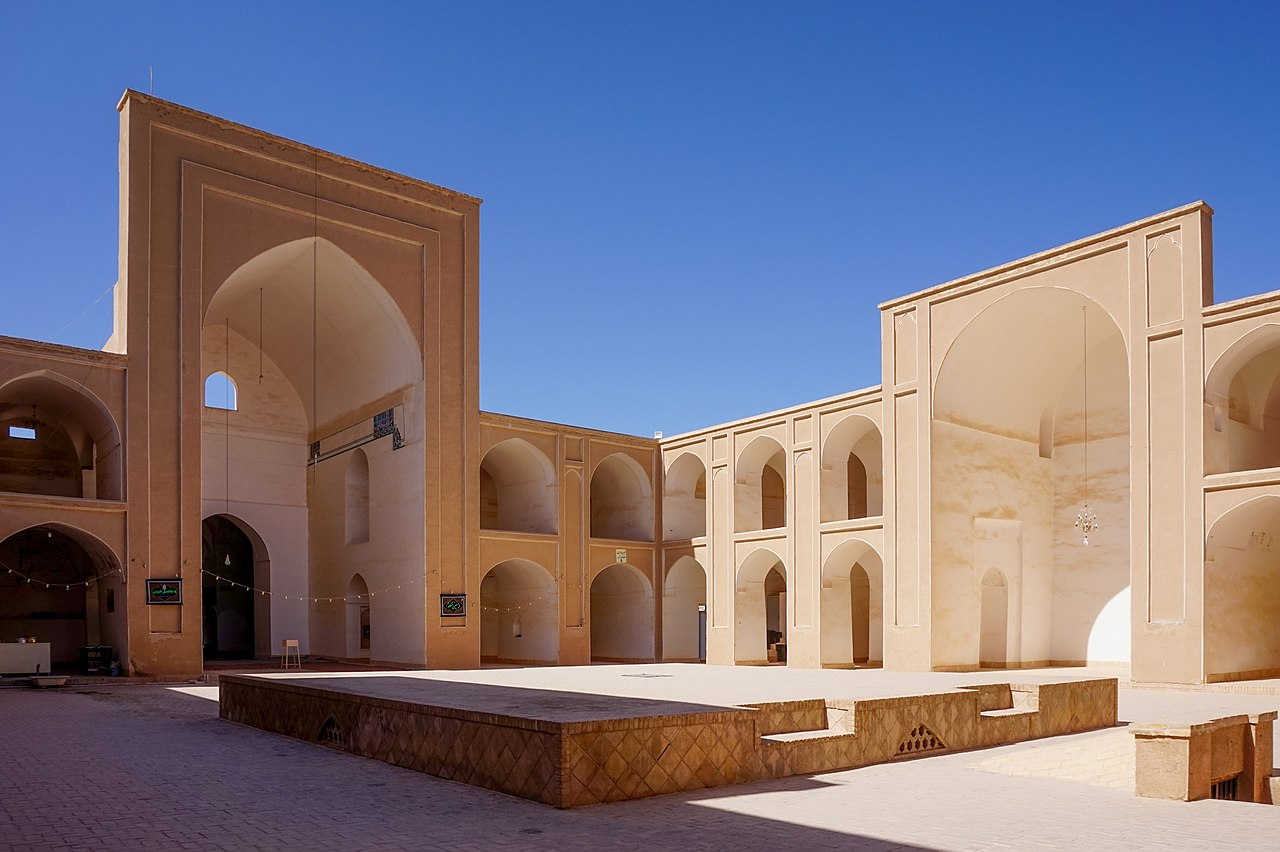
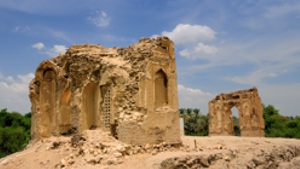
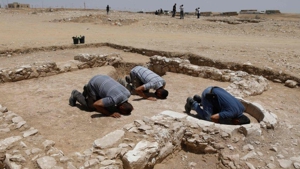
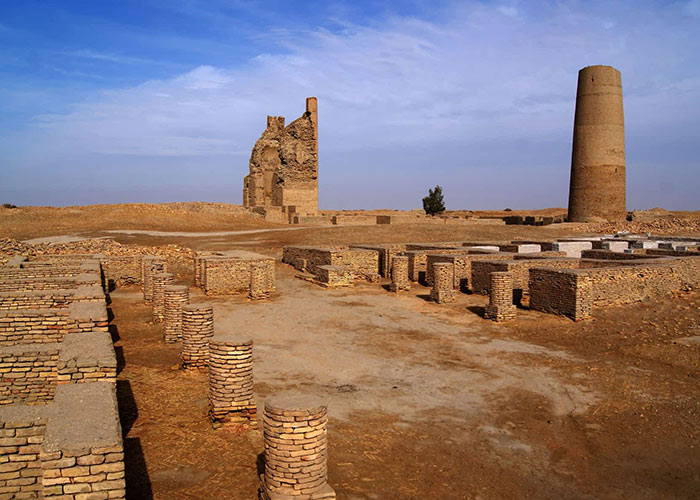
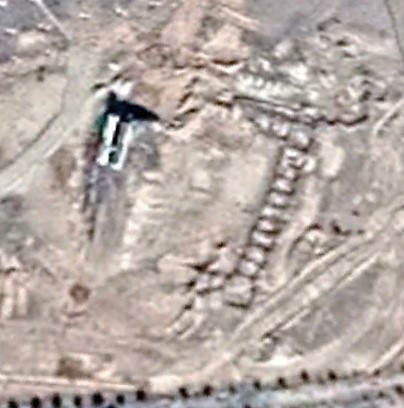

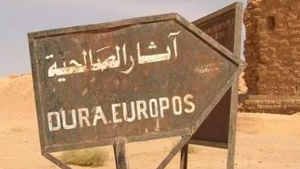
Page Discussion
Membership is required to comment. Membership is free of charge and available to everyone over the age of 16. Just click SignUp, or make a comment below. You will need a user name and a password. The system will automatically send a code to your email address. It should arrive in a few minutes. Enter the code, and you are finished.
Members who post adverts or use inappropriate language or make disrespectful comments will have their membership removed and be barred from the site. By becoming a member you agree to our Terms of Use and our Privacy, Cookies & Ad Policies. Remember that we will never, under any circumstances, sell or give your email address or private information to anyone unless required by law. Please keep your comments on topic. Thanks!